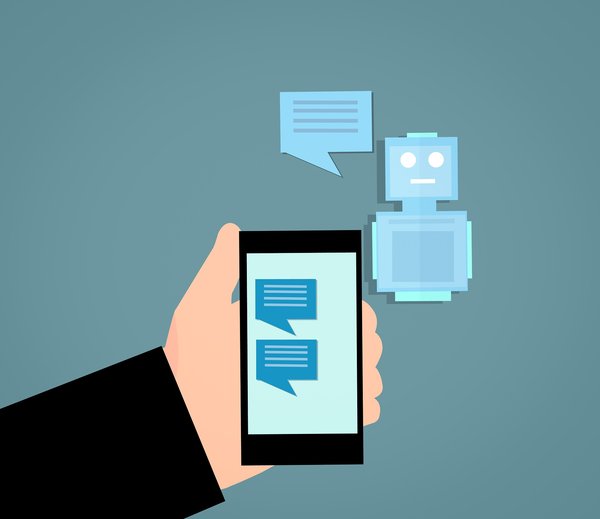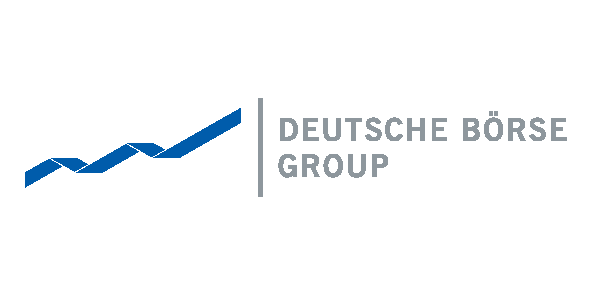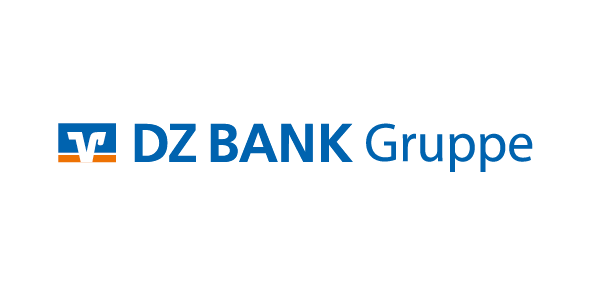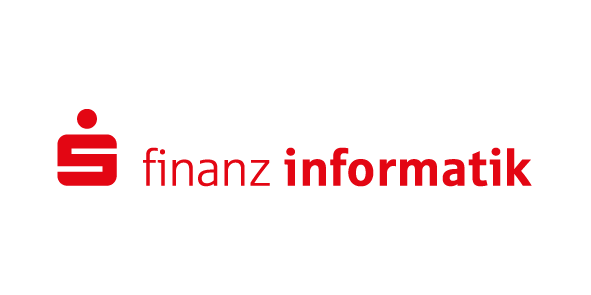
Jour Fixe - All just in your head? Unraveling the side effects of generative AI disclosure in creative tasks
Rebecca Heigl
All just in your head? Unraveling the side effects of generative AI disclosure in creative tasks
As using generative artificial intelligence (GenAI) becomes more common in creative work, the disclosure of GenAI involvement to recipients of created artifacts is often advocated to address social, legal, and ethical concerns. However, there is emerging evidence that disclosing GenAI involvement in creative work adversely affects recipients' perceptions of creative artifacts. This study explores whether these changing perceptions actually result from two distinct effects: changing recipients' beliefs about the creativity and quality of the artifact (first-order effects), and actual changes in the human-GenAI collaboration of creative workers in the production process (second-order effects). We disentangle these effects through a two-stage mixed-method study. The first stage involves a qualitative field study with graduate design students creating images with GenAI tools under varying disclosure conditions. The second stage consists of a quantitative online experiment in which the recipients evaluate the creativity and quality of these images. We find that the perception of these images is altered by GenAI disclosure because recipients believe that less human effort was invested in the production process, and creative workers increasingly delegate more divergent thinking tasks to GenAI, resulting in noticeable differences in the image appearance. Thus, our results indicate that changes in artifact perception due to GenAI disclosure are not only a product of recipients' minds but also stem from actual differences in the artifact. Our study contributes to the discussion on human-AI collaboration in creative work by revealing how transparency requirements might unexpectedly change creative workers' use of GenAI. Furthermore, we identify beliefs about human efforts in production processes as a key factor in the emergence of algorithm aversion in creative domains. From a practical perspective, our results can help navigate the challenges posed by forthcoming AI regulations and can help policymakers consider unwanted downstream consequences of their regulation.
More events
Sponsors




